It’s essential to dispel the misconceptions surrounding filing a hail claim and its impact on your insurance premiums. In this article, we’ll dive into the truth behind this myth and explain why your auto rates are generally unaffected by hail claims.
Understanding Comprehensive Coverage
When it comes to auto insurance, there are two primary categories of coverage: liability coverage and comprehensive coverage. Liability coverage is designed to cover damages you cause to other people’s property or injuries you may cause in an accident. Comprehensive coverage, on the other hand, covers damages to your vehicle caused by events other than collisions – this includes hail damage.
The Myth: Will Filing a Hail Claim Increase Your Auto Rates?
One of the most common misconceptions is that filing a hail claim will automatically lead to an increase in your auto insurance rates. This belief stems from a misunderstanding of how insurance works. Unlike accidents where someone may be at fault, hailstorms are considered “acts of nature” or “acts of God.” As such, you are not held responsible for the damage caused by a hailstorm. This is where comprehensive coverage comes into play.
The Truth: Comprehensive Coverage and Hail Claims
When you file a hail claim, you are making use of your comprehensive coverage. This coverage is specifically designed to protect you from events that are beyond your control, such as hailstorms, floods, vandalism, and theft. Because no one is at fault for hail damage, insurance companies categorize it under comprehensive coverage, ensuring that you are covered for these types of incidents.
Legal Protection in Texas
In Texas, the law prohibits insurance companies from raising your rates due to filing a comprehensive claim, such as for hail damage. This means that if you’re a Texan driver and you file a hail claim, your insurance premiums will not increase as a result of that claim. This legal protection provides peace of mind to drivers who might otherwise hesitate to make a claim out of fear of rate hikes.
Dillon Hail Repair: A Helping Hand
To further ease any concerns about out-of-pocket expenses, companies like Dillon Hail Repair step in. Dillon Hail Repair not only offers expert repair services for hail-damaged vehicles but also provides a unique benefit – waiving your deductible. This means that if you choose to repair your car with Dillon Hail Repair, you won’t have to pay anything out of pocket for the repairs. This convenient option makes it even more attractive for drivers to promptly address hail damage without worrying about financial implications.
Rate Increases and Zip Codes
While your individual rates won’t rise due to filing a hail claim, it’s important to note that insurance companies may adjust rates for specific zip codes to cover overall losses in that area. This could potentially lead to minor rate increases for all drivers in that zip code, regardless of whether they filed a claim. However, these increases are unrelated to individual claim filings and are meant to distribute the financial burden more evenly across the affected community.
Conclusion
Filing a hail claim is a straightforward process that should not lead to an increase in your auto insurance rates. With comprehensive coverage and legal protections in place, you can confidently address hail damage without worrying about the financial repercussions. Companies like Dillon Hail Repair make the process even more convenient by waiving deductibles, ensuring that you can get your vehicle back on the road without any out-of-pocket expenses. Remember that while insurance rates in a specific zip code might undergo minor adjustments, these changes are not directly linked to your individual claim filings.








